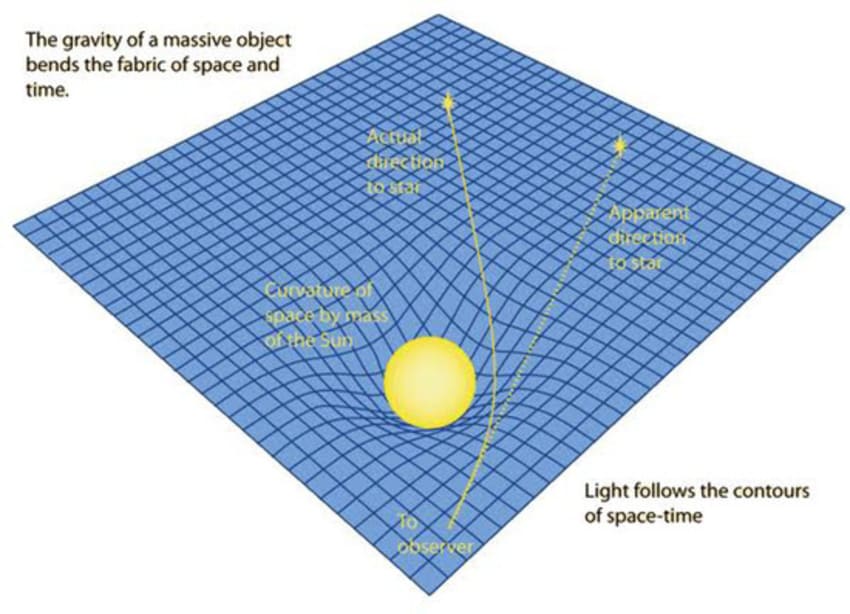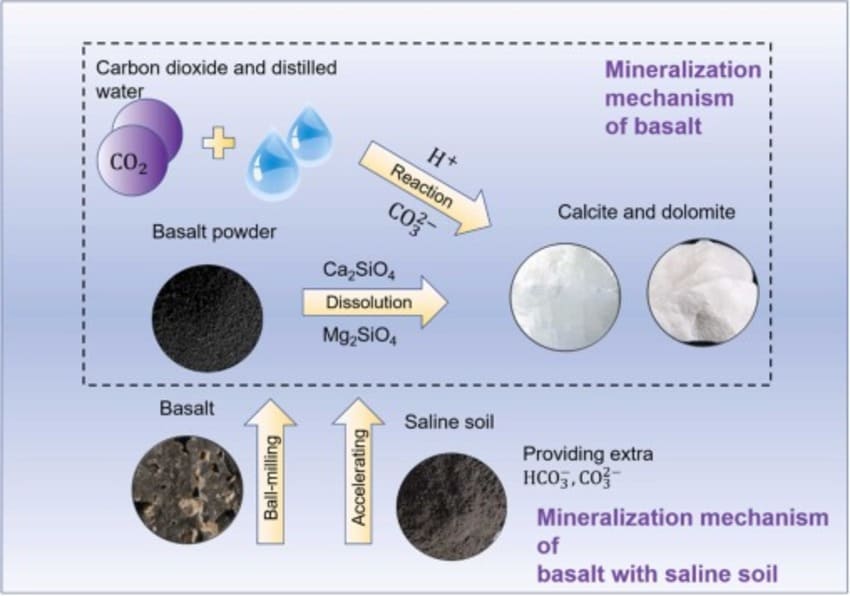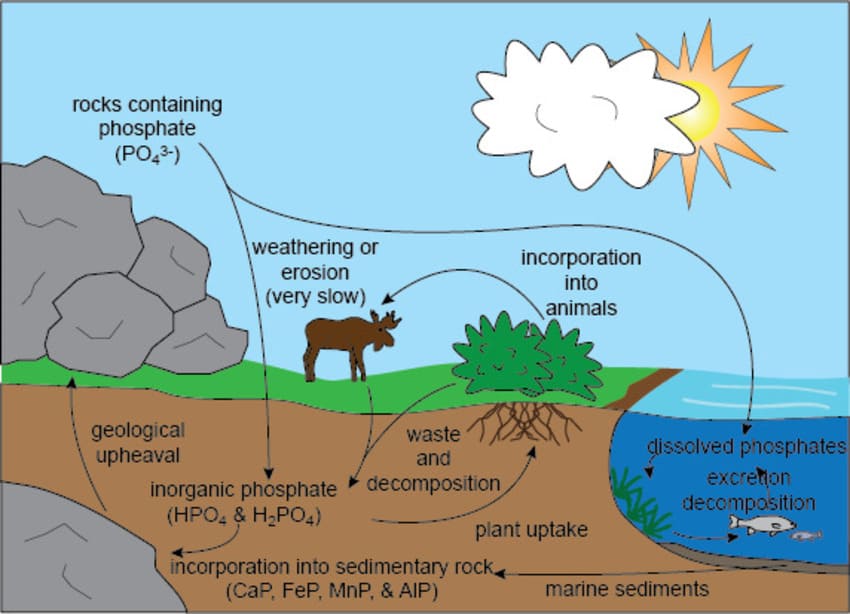
Astrogeology
Planetary geology, alternatively known as astrogeology or exogeology,
is a planetary science discipline concerned with the geology of the celestial
bodies such as the planets and their moons, asteroids, comets, and meteorites.
Although the geo- prefix typically indicates topics of or relating to Earth,
planetary geology is named as such for historical and convenience reasons; due
to the types of investigations involved, it is closely linked with Earth-based
geology.
Planetary geology includes such topics as determining the
internal structure of the terrestrial planets, and also looks at planetary
volcanism and surface processes such as impact craters, fluvial and aeolian
processes. The structures of the giant planets and their moons are also
examined, as is the make-up of the minor bodies of the Solar System, such as
asteroids, the Kuiper Belt, and comets.
Astrogeology is concerned with the geology of the solid
bodies in the solar system, such as the asteroids and the planets and their
moons. Research in this field helps scientists to better understand the evolution
of the Earth in comparison with that of its neighbors in the solar system.
This subject was once the domain of astronomers, but the advent of spacecraft
has made it accessible to geologists, geophysicists, and geochemists. The
success of this field of study has depended largely on the development of
advanced instrumentation.
- Mineralogy and Crystallography
- Stratigraphy and Paleontology
- Structural Geology and Tectonics
- Sedimentary Petrology
- Igneous Petrology
- Metamorphic Petrology
- Geochemistry
- Ore Geology
- Instrumentation and Analytical Techniques
- Hydrogeology
- Fuel Geology
- Geophysical Exploration
- Remote Sensing and Geomorphology
- Remote Sensing and Geomorphology
- Mining Geology
- Environmental Geology
- Engineering Geology
Recent Published
Submit Manuscript
To give your manuscript the best chance of publication, follow these policies and formatting guidelines.


